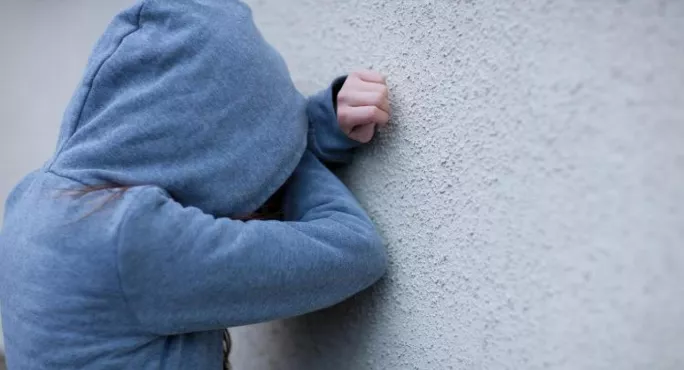Last week I felt like my son Calum - who was injured after being restrained in a special school - had finally been heard after eight years of campaigning. On Friday the children’s commissioner’s office published its investigation into restraint and seclusion in schools and found “ungoverned” and “chaotic” use of physical intervention.
Many families, including mine, have knocked on doors looking for help when their disabled children were injured and abused in schools. We went to people in the police and education, but the doors were slammed in our faces. Our children were denied any kind of accountability.
I now have 605 families who have contacted me with their stories. The majority are in Scotland (around 400) but I have cases from 124 different council areas covering Scotland, England, Ireland and Wales.
Restraint and seclusion ‘against human rights’
Of those 605 children, many of them have been restrained and/or secluded on multiple occasions. All of the children have additional support needs, ranging from autism to profound and multiple learning disabilities, and many children are completely non-verbal. The number of incidents involving those 605 children is in the thousands, which shows that for some this is a daily occurrence.
In almost every case, the families felt that their child’s needs were not met in school. Many children were left with horrific levels of injuries like bruising, abrasions and even broken teeth.
Of the 605 children, not a single one is neurotypical - they all have disabilities.
The youngest child I have in my case studies is just two-years-old and all the children affected are under 13, barring a few girls. Therefore, the evidence suggests that these things are not happening to big, burly, out-of-control, violent teenagers - it is little children at primary school with a median age of just six years who are most likely to be subjected to this.
Pupils communicating distress
When needs go unmet, our children become distressed. They often cannot say, “I am hungry/thirsty/in pain/can’t cope,” and they are simply communicating that distress through their behaviour. Using restraint and seclusion is a reactive strategy and it is against their human rights. We should be focusing on meeting the needs of our most vulnerable proactively. If we can do this, these children would have little or no need to challenge staff, and staff would have no need to use restraint or seclusion.
There is some excellent practice in many schools, the ones who work proactively already do this and find they have no need to resort to restraint and seclusion. I have seen many cases where children are being subjected to restraint and seclusion daily, sometimes multiple times a day in one school, but when they are removed by their parents into an alternative school, the new school meets the needs so has no issues with behaviour and therefore restrictive practices are not required. It can be done and is being done. What we need is for the good practice in some schools to be the norm in every school.
As for my son Calum, he has just turned 20, and he is a lovely young man. He was 11 when we removed him from his special school and sent him to a mainstream secondary, where they had far less resources than the special school, yet he thrived and was very happy. The staff there were fantastic. They met and exceeded his needs. Their care was outstanding.
Calum was never subjected to any form of restraint or seclusion again. He left school in 2017, after attending his senior prom.
Beth Morrison is a mother who for several years has campaigned for an end to the use of restraint and seclusion in Scottish schools
